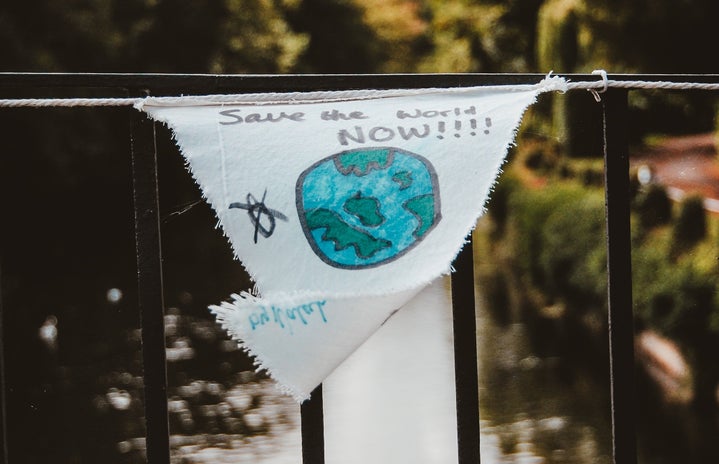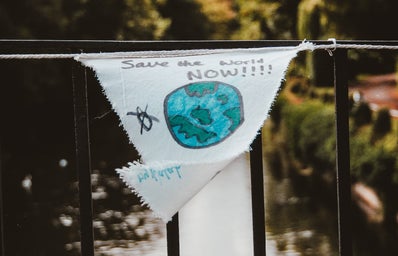Tarana Burke paid a visit to Jorgensen Theater this past Wednesday in recognition of Sexual Assault Awareness Month. As a sexual assault survivor, Burke provided her opinions on the progress of the viral international movement that she founded, #MeToo. She made it clear that she came to talk about what #MeToo really is, and not what the media makes it out be.
Since it went viral, there have been 19 million #MeToo tweets, equaling out to 55,000 per day. Not only has the movement gone viral, but it has also sparked political change: 100 pieces of legislation have been proposed since its beginning. Burke said that the movement was founded in 2006 for women of color. She made it clear that the hashtag is not the movement, but a galvanizing tool used to show solidarity and that healing is possible. She described it as a movement for “healing and action.”
Burke described her life before #MeToo and her activist roots that lie in her family. She began her career at 14 years old as a youth organizer for 21st Century Youth Leadership Movement, which she claimed gave her the tools to identify injustice. She referenced two pivotal moments in her young life, one being an investigation that took place when she was attending Auburn University about the demoralization of a girl who accused a football player of sexual assault. She said that this struck a chord with her but she never took action. She mentioned a second time when a young girl at a camp Burke worked for told her about being sexually assaulted, but Burke didn’t know how to respond. She was frustrated with her lack of ability to help victims “say what hurt”, and #MeToo was born.
Burke was also asked about recent scandals in the news, as sexual assault has been a huge topic of discussion in relation to people in power lately. She made a point of the fact that the media gives perpetrators a platform, such as Harvey Weinstein or R. Kelly, but doesn’t acknowledge the victims. She said that the media talks about everything but the people who said #MeToo. “We don’t talk about how people stay in power after doing what they did,” Burke said. “That would mean we’d have to talk about capitalism,” she whispered jokingly.
She also spoke about being present for the Brett Kavanaugh hearings. She said she was disappointed with the fake displays of empathy for Christine Blasey Ford from many people in the courtroom, naming the people who were “rushing” to give her tissues as an example. She did however, reference a phenomenon that had given her hope. She led a march to the Supreme Court in protest of Brett Kavanaugh in the pouring rain. She didn’t expect many people to show up, but instead had a significant showing and “had never seen people put their bodies on the line around sexual violence.” In reference to Donald Trump, she said that he is just highlighting the issues that this country already had. She marveled at how people are turning their empathy into action, and that as a woman of color, she has never felt more American in her life.
Burke’s visit to UConn could arguably not have come at a better time in light of controversies on campus this past week. Conservative speakers Charlie Kirk and Candace Owens came to speak as part of Turning Point USA’s Campus Clash tour, which resulted in protests from numerous student organizations. The second controversy arose after the booking of Sean Kingston as an opener for SUBOG’s UConnic Music Festival, which ultimately resulted in a last-minute cancellation of his performance after backlash came from students in reference to Kingston’s gang rape allegations in 2010. In response to this, Burke said “In this community, you deserve to feel safe.” She urged students not to hold back from addressing issues that they see as unfair. “You have power now,” she said. She also mentioned that young people have the most verve to tackle such issues as young adults than at any other age, and not to listen to what society has told us about young people’s lack of power to enact change.
The end of Tarana Burke’s lecture was met with a standing ovation from the crowd, as well as a slew of questions from the audience. Her movement is arguably transforming culture everywhere, but is especially transformative on college campuses. Thank you to all of the university organizations that brought this inspirational speaker to campus at a time when her words had an especially powerful impact on the UConn community.


